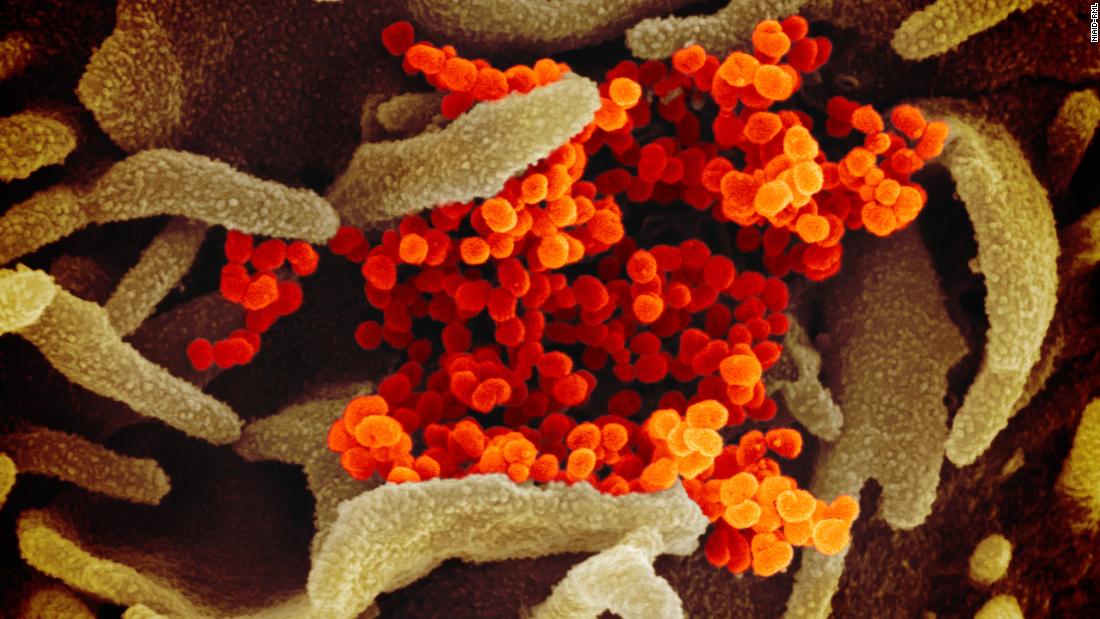Researchers from the new advisory group New and Emerging Respiratory Virus Threats Group (NERVTAG) say they are now “very confident” that the new variant of coronavirus is more contagious than others, with a “hint” that it may be more contagious in children .
According to NERVTAG, the new variant – which is believed to have originated in the south-east of England – can be about 71% more transferable than other variants.
“As of last Friday, we felt we had moderate confidence that the data was coming in, but part of the analysis had been done very quickly,” said Peter Horby, professor of emerging infectious diseases at the University of Oxford and chairman of NERVTAG, during a virtual news information on Monday.
“We now have high confidence that this variant has a transmission advantage over other virus variants currently available in the UK,” he added.
Speaking to Horby, Professor Neil Ferguson of Imperial College London noted that there is a “hint” that this variant “has a higher tendency to infect children” compared to previous strains. But he warned that “we have not established any causal link on it, but we can see it in the data”, he added.
Another NERVTAG member, Wendy Barclay, head of the Department of Infectious Diseases at Imperial College London, said that previous strains of the virus may have had a “harder time” getting into human cells using a receptor called ACE2. Adults, who have a lot of this receptor in their nose and throat, are “simple targets” compared to children. But according to this hypothesis, a virus that can more easily use this receptor to enter cells can make children as susceptible to the virus as adults, she said.
According to the US Centers for Disease Control and Prevention, some research suggests that the British strain may “bind more tightly” to the ACE2 receptor, but “it is unknown whether the tighter binding, if true, can translate into any significant epidemiological or clinical differences. “
Read more about the new Covid-19 variant:

